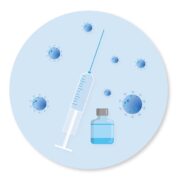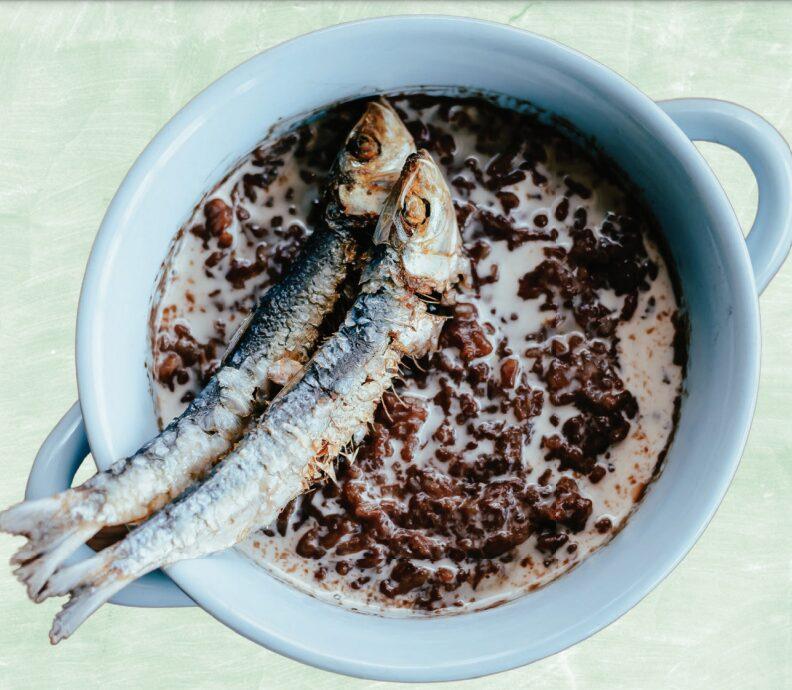As soon as the second quarter of 2021, a vaccine for the coronavirus disease 2019 (COVID-19) could be available in the Philippines as clinical trials are set to begin in the country by the fourth quarter of 2020 said an official from the Department of Science and Technology (DOST) on August 19.
DOST Undersecretary Rowena Cristina Guevara, chair of the Inter-Agency Task Force’s sub-technical working group on vaccine development, said the clinical trials would involve not just the vaccine made in Russia, but also those pre-qualified by the World Health Organization (WHO) as part of the Solidarity Trial.
Further, she noted that the Philippines will undertake the clinical trials Phase 3 for four or five vaccines that are pre-qualified by WHO. The DOST is pursuing collaboration with bilateral partners, whereby vaccine companies may undertake clinical trial Phase 3 in the country.
In a virtual presser, Lulu Bravo, executive director of Philippine Foundation for Vaccination, explained why the Philippines is among the favorite places of manufacturers to conduct clinical trials.
“This is because we are good at explaining to our patients the benefits that they could get. There is an informed consent. We tell them what could happen to them from the beginning until end, what are the benefits they could get from the vaccine,” Bravo said.
Patient Safety
On whether the clinical trial patients are paid for their participation, DOST-Philippine Council for Health Research and Development executive director Jaime Montoya said that participants just receive a minimal amount for food and transportation as compensation for the time they dedicate for the clinical trial.
“They should not be given a huge amount, because some people may just do it not because they understand it, but just because of money,” he said.
Montoya noted that participants of clinical trials should only be those who are healthy and not stricken with illness. Clinical trials are usually being done in areas where there are significant cases of transmission.
Further, Bravo shared that in the Philippines, no one has died while participating in a clinical trial.
She said however that there are side effects, which Montoya said usually includes fever and swelling in the vaccine shot site.
“In a clinical trial, everything that happens to a patient — from the time that he or she is vaccinated, up to one or two years — is being monitored,” Bravo said in the vernacular.
Should there be a case where a vaccinated person dies, it would be investigated by experts and specialists to find out if the cause of death is related to the vaccine, Bravo added.
“There is a liability clause, it is like an insurance. There is an allotment from the company. The patient knows that since that is included in the informed consent,” she said.
In the same presser, Food and Drug Administration director-general Eric Domingo noted that the Phase 3 clinical trial will not be accepted in the country if safety, security, and some level of efficiency were not proven in Phase 1 and 2 trials.
“We have the Ethical Board to ensure the safety of participants,” Domingo said.






